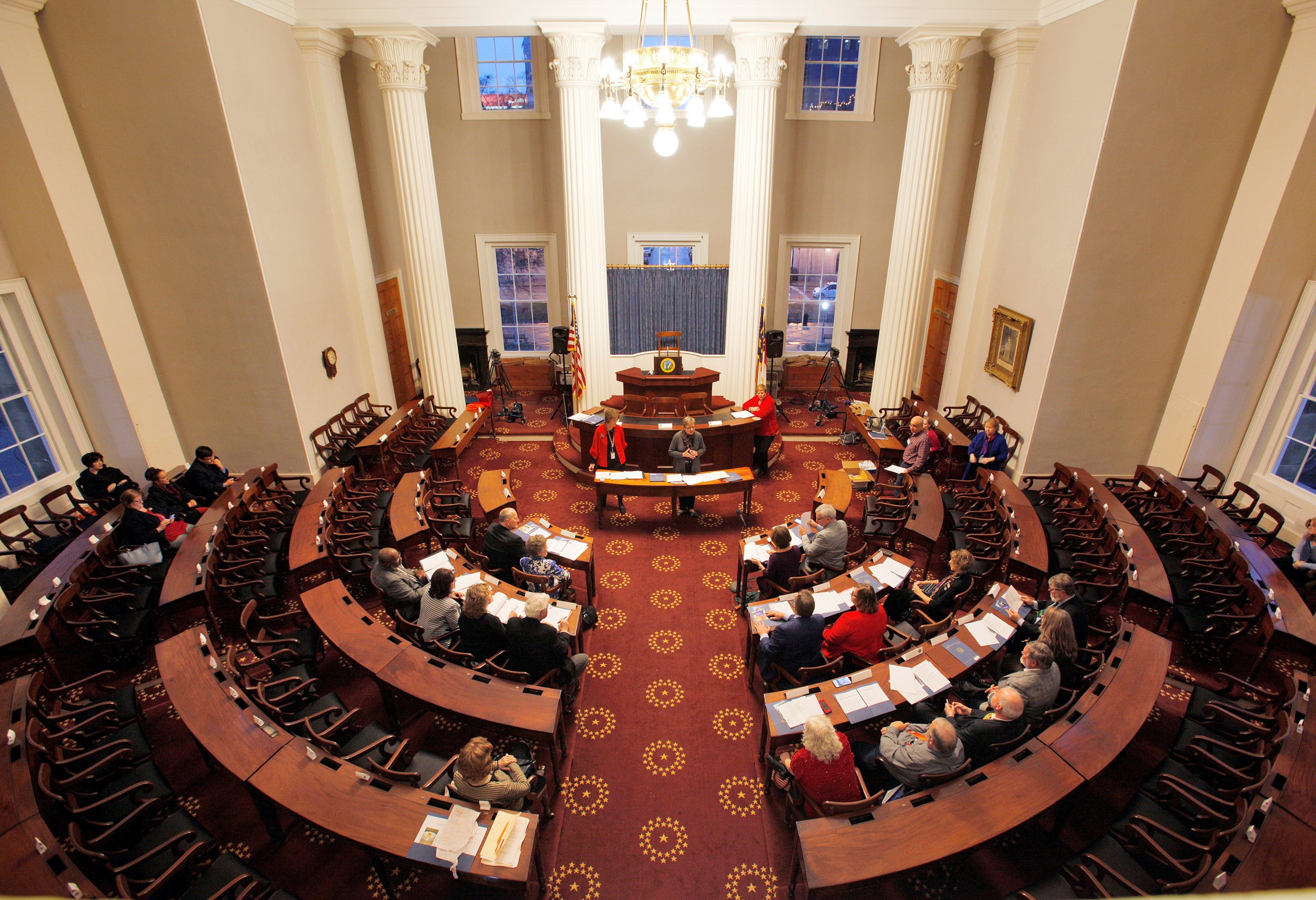
Quora Questions are part of a partnership between Newsweek and Quora, through which we'll be posting relevant and interesting answers from Quora contributors throughout the week. Read more about the partnership here.
Answer from William Murphy, Constitutional scholar:
No, the Supreme Court could not eliminate the Electoral College.
It could, perhaps, invalidate some state laws that apply to the way states choose their electors and/or control how the electors behave. This would be altering how the Electoral College is administered, but it would not eliminate the EC. And even this would be a stretch because of the broad latitude the Constitution gives the states over the way they choose their electors.
Here's an important thing to understand: you possess no constitutional right whatsoever to vote for the President. That can be shocking to hear and understand; it is nevertheless true. The Constitution says that the president will be chosen every four years by electors in each state chosen in a manner determined by the state legislature of each state. The only reason there is a popular vote for the presidency is that, over time, each state decided to choose their electors through a statewide popular vote.
They did not have to do this, and they still do not have to do it this way. Initially, most states had the state legislatures vote to appoint their presidential electors. There was no popular vote at all in most states for the first few presidential elections; by the 1820s, most states had switched over to a popular vote to choose their electors, but there were some holdouts; South Carolina did not switch over to a popular vote until 1860.
It would be entirely constitutional for every state to simply abolish their popular vote for presidential electors and go back to having the legislatures choose their presidential electors. There would then be no popular vote for the presidency at all. This would not violate anyone's constitutional rights, because constitutional rights are those rights provided for or protected by the Constitution, and the Constitution grants exactly no one aside from presidential electors the right to vote for President.
The Electoral College itself is part of the Constitution and there is no way that it can be found to be unconstitutional. It is, as I said, at least technically possible that the laws passed by individual states that regulate either the choice or behavior of presidential electors could be found to be in violation of one provision or another of the constitution, but the Electoral College cannot be found to in any way to violate an individual's right to vote for the President, because no such right exists.
That's just the reality. I'm not saying it's a good thing, but it's just the way it is. The Electoral College will be around until and unless it is eliminated through one of the two amending procedures spelled out in Article V of the Constitution. It could be effectively eliminated by the states themselves through an agreement like the National Popular Vote Interstate Compact, which is a proposed agreement among the states that all states would award their electoral votes to the winner of the national popular vote. Agreement Among the States to Elect the President by National Popular Vote. This would, if it happened, leave the Electoral College intact but make it largely irrelevant, though I am highly skeptical that it will ever be put into practice.
Could the Supreme Court strike down the Electoral College? originally appeared on Quora - the place to gain and share knowledge, empowering people to learn from others and better understand the world. You can follow Quora on Twitter, Facebook, and Google+. More questions:
- Electoral College: Why does the Electoral College still exist, given how anti-democratic and impractical it is?
- U.S. Supreme Court: Could the GOP go nuclear on the budget, as they did with the Supreme Court?
- Politics of the United States of America: Is Trump's impeachment likelier this year?
Uncommon Knowledge
Newsweek is committed to challenging conventional wisdom and finding connections in the search for common ground.
Newsweek is committed to challenging conventional wisdom and finding connections in the search for common ground.
About the writer
To read how Newsweek uses AI as a newsroom tool, Click here.








